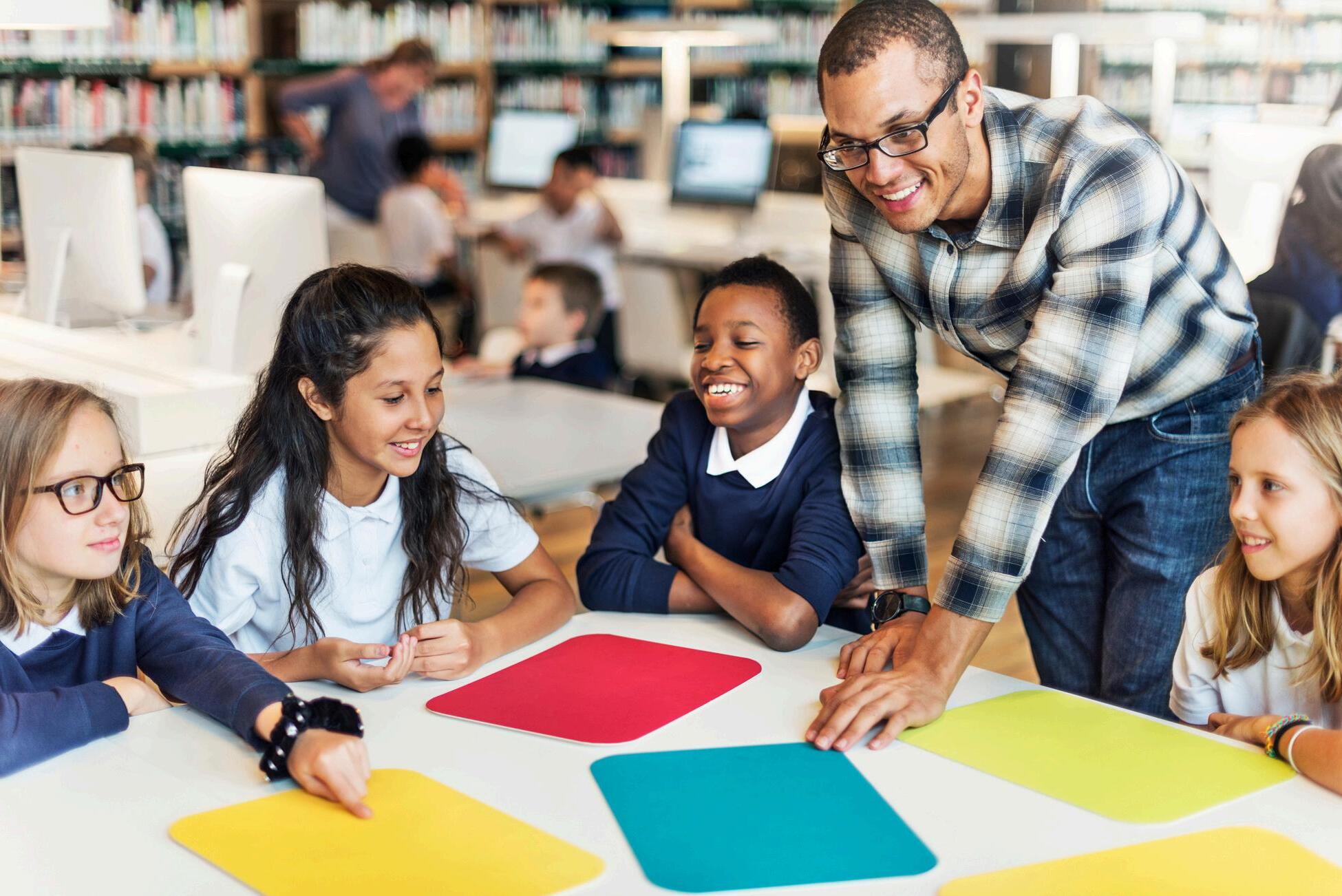ANE TOL

















Experiential learning is a teaching approach that emphasizes active student involvement in the learning process. It differs from traditional teaching, which focuses on lectures and reading materials. Experiential learning incorporates practical activities like internships, simulations, field trips, service learning, and project-based work. This approach goes beyond theoretical knowledge, allowing learners to apply their learning to real-world situations, enhancing their understanding of concepts and theories. This approach goes beyond the theoretical knowledge imparted in textbooks.












Enhancing Critical Thinking and Problem-Solving Skills
Developing Practical Skills
Improving Retention and Engagement
Building Emotional Intelligence and Social Skills


Experiential learning extends beyond the classroom, involving partnerships with businesses, nonprofits, and other organizations to provide students with real-world learning experiences. These partnerships allow students to work on projects directly impacting the community or industry, providing them with valuable experience and networking opportunities. Examples of experiential learning include internships and apprenticeships, where students work alongside professionals in their field, developing job-specific skills and understanding workplace culture. Service learning, where students engage in volunteer activities or social impact projects, connects academic knowledge to community service, fostering personal and professional growth.















Experiential learning is a versatile approach that can be applied across various fields, including arts, sciences, engineering, business, and humanities. It involves students applying business concepts in realistic scenarios through case studies, simulations, or entrepreneurship competitions. In engineering, students participate in design challenges to create prototypes or solutions for real-world problems. In the arts, experiential learning can involve gallery exhibitions or performances where students showcase their work in a professional setting. This holistic learning experience prepares students for various careers, enhancing their academic knowledge, practical skills, emotional intelligence, and real-world experience.






Educators play a crucial role in promoting experiential learning by designing curricula that involve hands-on activities, collaboration, and reflection. This environment helps students develop resilience and adaptability, essential traits for navigating the fast-paced world. Educators must ensure the experiences are relevant, meaningful, and aligned with students' academic and professional goals. By embracing experiential learning, educators contribute to the overall growth of their students, preparing them for academic success and future careers.






Experiential learning is a method that prepares students for real-world success by developing practical skills and emotional intelligence. It equips students with the tools to navigate the complexities of their chosen fields. With the support of educators and hands-on opportunities, experiential learning enhances academic journeys and positions students for professional achievement. It not only creates better students but also prepares them for the challenges of a rapidly changing world. Educators like Salvatore Frieri champion this approach, ensuring students are well-equipped to thrive in an increasingly complex and interconnected world.


www.crunchbase.com/person/salvatore-frieri-




